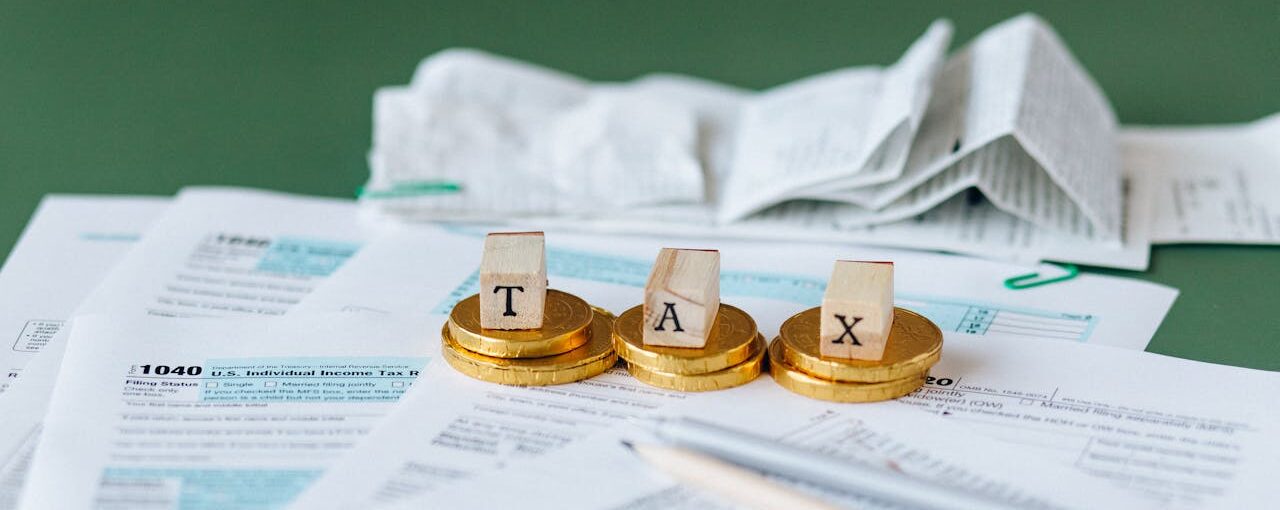CA ANZ Tax Leader Susan Franks says many people find themselves needlessly scrambling to file returns after June 30.
She says a year-long process of thorough record-keeping and filing receipts will ensure a smoother time when lodging a tax return with the Australian Tax Office (ATO).
She also cautions that Labor’s promised reduction in the lowest tax rate and the standard $1000 work-related deduction will not apply until July 1, 2026.
“That means you will still need all your receipts for expenses incurred up to June 30, 2025, and June 30, 2026, so don’t throw them away. Even better, collect them as you go and keep records up to date to avoid the last-minute scramble,” Franks says.
“Even if you haven’t been doing that so far, following these tips now will give you an advantage when tax time comes around – and it will be here before you know it.”
TOP FIVE TIPS
Keep records and receipts: maintain thorough records of all expenses and income such as keeping receipts, invoices, and any other documents. Digitise receipts by taking photos or using apps to store them.
Seek professional advice: Engaging with chartered accountants or tax agents early in the year can help clients prepare better and avoid last-minute rushes.
Be organised and prepared: Being organised throughout the year is crucial. Clients should file documents as they go and avoid leaving everything to the last minute. Using bookkeeping systems or spreadsheets can help in maintaining order.
Talk to your accountant: Regular communication with Chartered Accountants or tax agents is essential. Clients should not ignore emails or phone calls from their Chartered Accountants and should check in with them before making significant financial decisions.
Know what to claim: Be aware of what they can and cannot claim. Uses resources provided by the ATO and consulting with professionals can help in understanding eligible deductions.
For small businesses, the CA ANZ says their members also suggest:
Separate business and personal finances: keep business and personal expenses separate. This means separate bank accounts and credit cards for business transactions to avoid confusion.
Plan for cash flow: Focus on your cash flow and ensure you have enough funds to meet your obligations. Avoid spending money just to chase a tax deduction. Prioritise your cash flow and plan for any upcoming tax payments.
Use accounting software: A good accounting software program can save you time and help organise your records. Many programs also offer features like attaching receipts to payments.






